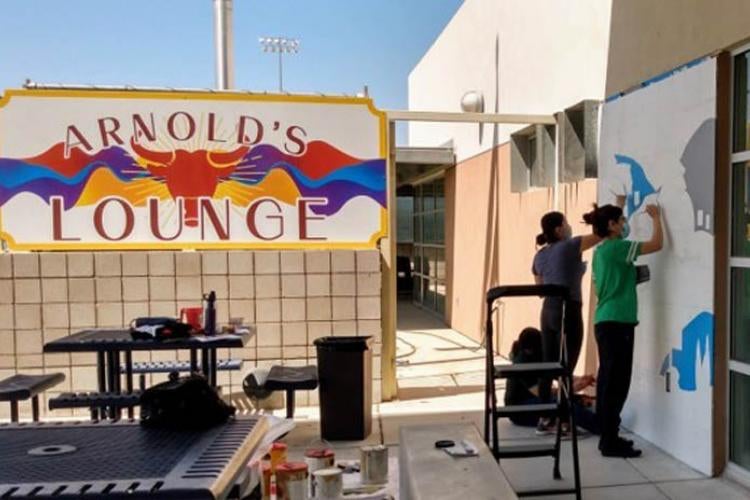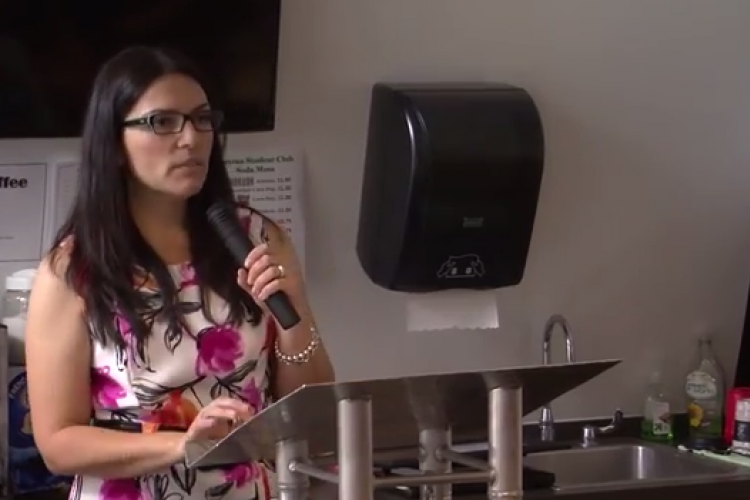
During the ongoing Coronavirus pandemic, many students at Arizona Western College have been attending their classes via Zoom technology in order to keep them afloat in their studies. While such online modalities certainly are helpful to some students, for others learning may be difficult when they and their professor are on different ends of a computer screen.
Ashley Ayala, a current AWC student is just one of the few who are opposed to online learning.
“I’ve struggled with focusing on my schoolwork,” Anaya says. “I find online learning not as engaging and not as helpful compared to a face-to-face learning experience.”
However, not everyone has a household that is suited to the learning experience. For some students, this environment, which they know all too well, is filled with many distractions that could derail them from concentrating on their classes, in turn leading to low grades or not being able to catch up on assignments.
Mariaisabel Villegas, another AWC student, describes being in her own room as a cubicle full of distractions.
“Since I’m in my room when taking Zoom classes, everything distracts me,” Villegas says. “My phone is right next to me, and no one is around to tell me I can’t use it, so that is exactly what I do.”
At the start of the pandemic, many students were told that they were just taking a short break from face-to-face instruction. But, as health crisis grew more serious, remote instruction became the rule rather than the exception, and many students were left wondering if they were ever going to go back to the old system. Their motivation began to subside, and they found themselves putting less effort into their classes.
Many students have begun to adapt to these at-home classes and have learned how to focus and manage their time, and students like Ayala and Villegas still have hope that educational routines will soon return to normal. But they and other students, like Abigail Emmons and Alaura Brooks, talk about how their motivation may slowly deteriorate if online classes were to become completely permanent, offering comments like these:
- “Definitely, I would have less motivation.”
- “I have been avoiding certain classes. I am afraid of failing because I struggle in those certain classes.”
- “Most definitely, I would have less motivation to do my assignments.”
- “I would finish school, but I wouldn’t learn nor be motivated to learn.”
In spite of the encouragement that students get concerning the advantages of learning from home, many if not most of them seem to prefer in-person learning with their professors close at hand. In that situation, they get the entirety of the lesson, and they can be with their classmates while asking questions at a much faster pace.
Ideally, we will soon arrive at a happy medium, maybe one that is even better than before.
























